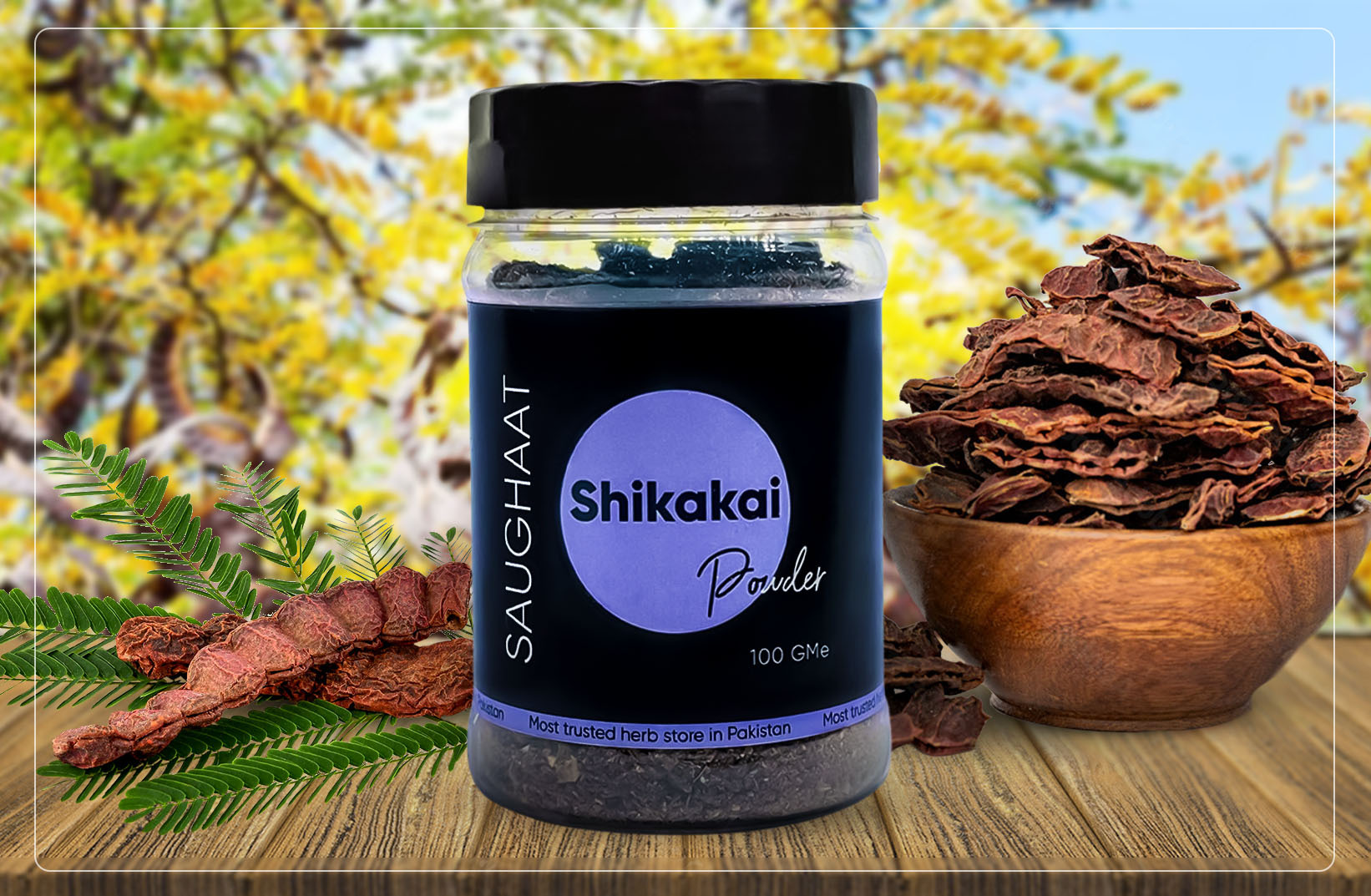Choosing the right electrolyte supplements for your horse is essential for maintaining their health, performance, and overall well-being. Electrolytes for horses regulate many bodily functions, including hydration, muscle contractions, nerve signaling, and proper pH balance. Horses, particularly those engaged in heavy work, performance, or competition, lose electrolytes through sweat and need to have those losses replenished to avoid dehydration, fatigue, or other health complications. In this blog, we will discuss how to choose the right electrolytes for your horse based on their activity level, diet, and specific needs.
Common Signs of Electrolyte Imbalance in Horses
- Lethargy or fatigue
- Muscle cramping or stiffness
- Poor recovery after exercise
- Loss of appetite
- Increased risk of colic
Maintaining an adequate balance of electrolytes is crucial, especially during intense physical activity, hot weather, or periods of stress, travel, or competition.
Factors to Consider When Choosing Electrolytes for Horses
Not all horses have the same electrolyte needs, and it’s important to choose a supplement that matches your horse’s unique requirements. Here are some of the main factors to consider when selecting the right electrolyte supplement:
- Horse’s activity level
One of the most critical factors to consider when selecting electrolytes for horses is their activity level. Horses that are involved in intense work, such as racing, endurance riding, or eventing, lose more electrolytes than horses that perform light work or are only occasionally exercised.
Performance horses engage in strenuous activities and lose substantial electrolytes through sweat. A comprehensive electrolyte supplement that contains sodium, chloride, potassium, calcium, and magnesium is essential. Along with electrolyte supplementation, these horses may also benefit from joint supplements for horses to support their joints and mobility, as their high-intensity work puts extra strain on their bodies. They will need to replenish their electrolyte levels both during and after exercise to avoid fatigue and maintain peak performance.
Horses that are moderately exercised or used for trail riding will still sweat, but their electrolyte loss will be less significant than that of performance horses. For these horses, an electrolyte supplement with a balanced blend of sodium, potassium, and chloride should suffice, particularly during warmer months when they sweat more.
- Environmental conditions
The environment plays a major role in determining how much your horse sweats and loses electrolytes. Horses working in hot or humid climates will sweat more than those in cooler environments, and they may require more frequent or higher doses of electrolyte supplements.
In areas with high temperatures and humidity, horses are prone to heavy sweating and rapid loss of electrolytes. During summer months or in tropical climates, even light work can cause substantial electrolyte loss. A high-quality electrolyte supplement is essential in these conditions to prevent dehydration and ensure your horse stays healthy and hydrated.
- Diet and forage quality
The type of diet your horse is on, and the quality of forage they consume, can affect their electrolyte needs. For example, horses on pasture may receive a certain amount of electrolytes from their forage, but this can vary based on the type and quality of grass available. In contrast, horses that primarily consume hay may have lower levels of potassium and other electrolytes in their diet.
- Type of work and sweat loss
Different types of work can affect how much and which electrolytes are lost. For instance, endurance horses and eventers tend to sweat more extensively than show horses or trail horses, so their electrolyte needs will differ.
Horses participating in long-distance riding or endurance events are subject to prolonged periods of sweating. They lose significant amounts of sodium, chloride, potassium, and calcium, which must be replenished throughout the ride or event. Choosing an electrolyte that is fast-absorbing and easily administered is key for these horses.




